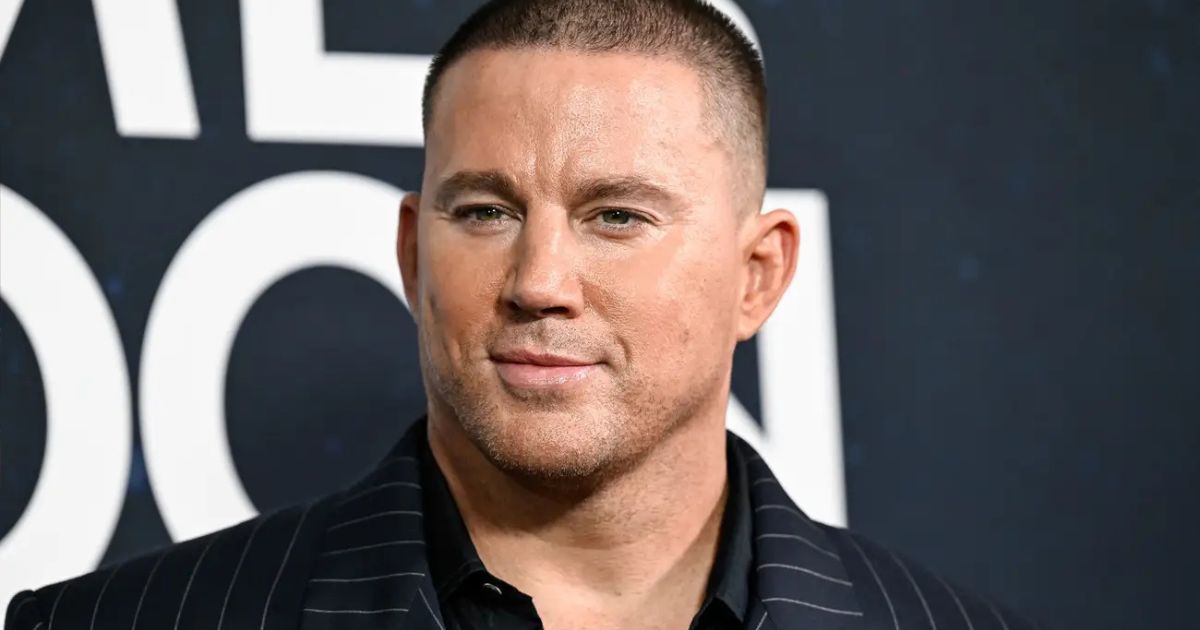Taylor Swift might be on the autism spectrum according to a mental health professional.
Taylor Swift has undoubtedly made a mark on the music industry like no other pop star, but with success comes intense scrutiny. Many aspects of the artist’s life are analyzed, including her mental health.
According to a study, Taylor Swift may be on the autism spectrum.
For example, the NFL experienced a significant increase in its brand value, attributing $122 million to the “Taylor Swift effect.” Additionally, sports analysts have linked her association with Kansas City Chiefs tight end Travis Kelce to an increase in popularity.
A psychologist named Kim Gillbee explored Swift’s influence in an article titled “The Totalitarianism of Taylor”: Psychologist Reveals 3 Perspectives on Taylor Swift’s Spell.
The analysis investigates Swift’s songs, public behavior, and dating history, suggesting that she is “probably autistic.” Although Dr. Gillbee acknowledges the controversial nature of her evaluation, she posits that Swift’s career could be impacted by these potential issues.
In her article, Dr. Gillbee emphasizes the influence that Swift exerts, suggesting that conventional terms like “megastar” fall short of capturing her impact. However, she also expresses skepticism.
The Psychology Behind the Pop Star’s Mystique
The first viewpoint focuses on Dr. Gillbee’s belief that Swift might be on the autism spectrum, a diagnosis she acknowledges cannot be definitively made without a proper evaluation.
Based on her clinical experience, Dr. Gillbee suggests that Swift’s songs and behavior align with characteristics often associated with autism, particularly in women.
Dr. Gillbee also notes that Swift uses music as a coping mechanism for overwhelming emotions, suggesting a deeper connection with the human experience.
From Autistic Traits to Vulnerable Narcissism
Finally, Dr. Gillbee explores themes of vulnerability and narcissism in Swift’s music, drawing parallels with her own research on covert narcissism. She analyzes the lyrics of Swift’s song “Anti-Hero,” suggesting that they reveal underlying insecurities and a desire for validation.




